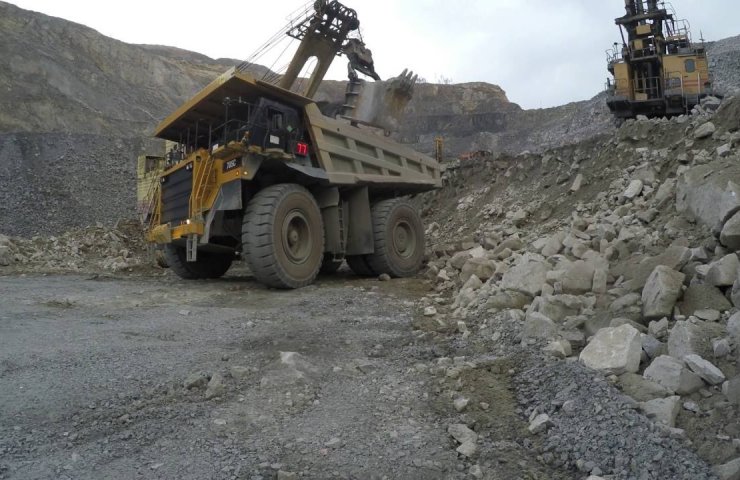Iron ore prices, which rose to historic highs amid the global economic recovery, rose again by more than 10% on May 10. Another rise in the price of ore may become an argument in favor of the imposition of export restrictions by the Russian government, although so far it insists on the preference of market mechanisms for maintaining domestic prices.
The rise in ore prices, with all its obvious advantages for Russian producers, may push the government to restrict the export of raw materials to curb prices for metal products on the domestic market.
At the end of April, the Ministry of Industry and Trade developed a draft government decree on the inclusion of iron ore, semi-finished products made of iron or unalloyed steel, rolled steel, as well as copper billets, scrap and waste of copper, copper and aluminum wire and unprocessed aluminum in the list of goods, the export of which can be limited.
The need for restrictions is explained by the fact that "since the fourth quarter of 2020, there has been a recovery in selling prices in the Russian metal products market, associated with an increase in metal consumption in the world, as well as a sharp rise in the cost of quotations on world markets for purchased metallurgical raw materials - scrap and iron ore".
Nevertheless, the Ministry of Industry and Trade, as before, claims that they do not plan to introduce these measures yet and will only use this mechanism if necessary. At the level of First Deputy Prime Minister Andrey Belousov, more market mechanisms were also discussed at the end of April: creating stocks of metal products for price interventions, consolidating orders for the supply of rolled products, concluding direct long-term contracts with a fixed price, etc.




